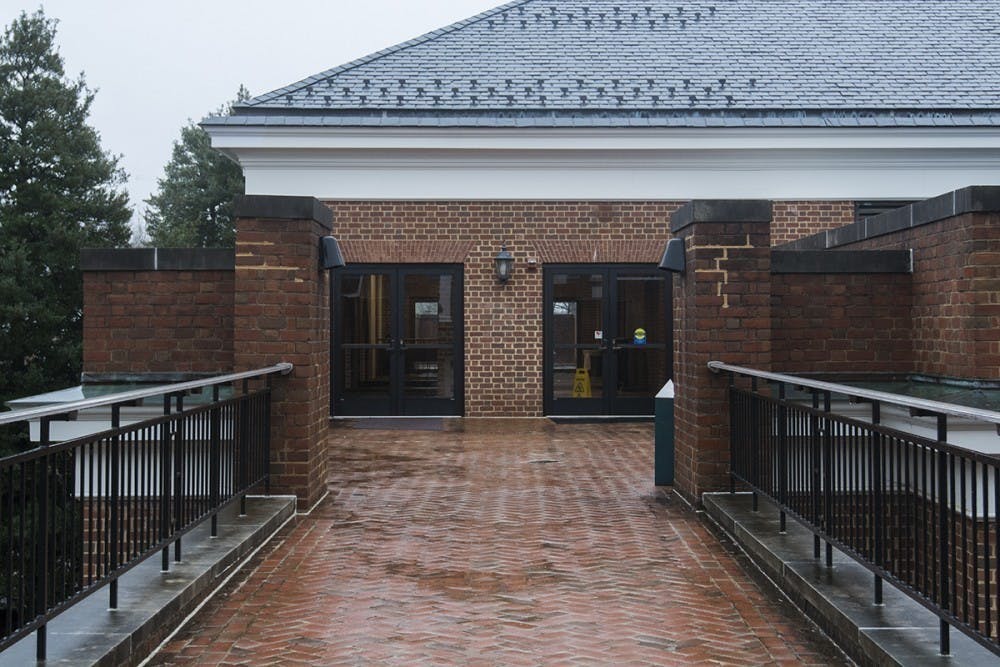The Department of Media Studies announced its acceptance decisions for the spring application cycle March 1. The department received 175 applications, 135 of which were accepted — a 77 percent acceptance rate. This is a decrease from last year’s acceptance rate, which was 81 percent.
The February application is normally restricted to second-year College students — however, an exception to the process was made this year to allow current third-year students to apply due to circumstances surrounding COVID-19.
The application includes two essays, completion of Introduction to Media Studies and a transcript. The essays focus on the applicant’s interest in and passion for the interdisciplinary work done in the Media Studies major and are designed to see the unique experiences and talents that prospective students can bring to the table.
After the department decided to decrease enrollment from 200 in January 2020, only 160 seats were available this year. This decrease in capacity was a result of a staffing shortage as the department expected professors to be unavailable this academic year due to leave requests for sabbaticals and going to work on fellowship programs. The limited availability of resources, like professors, is also why the department is unable to offer a minor.
Assoc. Media Studies Prof. William Little explained the department’s struggle to keep up with an increasing number of students who were interested in media studies.
“We began as a major in 2007, and so relatively speaking, we’re still a young major and for a number of years … we had a really small major because we just had six or seven faculty [members] and so we had 25 to 30 majors,” Little said. “We've grown exponentially in the last half-dozen years, but we still can't keep up with demand.”
The high demand for majoring in media studies and limited faculty are the main reasons why it is an application-based major. In response to this high demand, Little emphasized the need to clear up some misconceptions about the program as a practical media major.
“The focus of the program is on the study of media,” he said. “There is a misperception in some quarters that it’s a media production department ... The majority of courses are study-based courses.”
The department started a Masters program in Media Studies in fall 2020 and is planning to offer a doctorate program in the near future.
Second-year College student Jaelyn DeGuia was accepted into the program in the February 2021 application cycle. DeGuia said she is excited to take classes related to journalism and representation in media.
With regard to the application process, DeGuia said she was expecting a more academically-focused application but was pleasantly surprised.
“Although it asked about GPA and media studies course work, it also gave me the opportunity to express my interest outside of the academic scope, which I really liked,” DeGuia said. “To me, this showed that they didn’t want someone that was only qualified by numbers but by their desire to be there and [their] genuine interest in media studies.”
DeGuia also said that she thinks the Media Studies department has gained a reputation over the years as a nominal “communications” major.
“The media studies major is something that might be viewed as an umbrella for those things that students pick when they don’t know what they want to do,” DeGuia said. “I would love to see the department grow, not necessarily in number, but for people to see that it is something important and valid.”
Little also pointed to the significance of the major, highlighting that skills learned in these courses can be applied to a range of fields.
“Almost any profession now is involved with the evaluation, assessment [and] production of media,” Little said. “There’s really no organization that I can think of that’s not somehow invested in media systems and technologies. They’re concerned about [their] audiences.”
For those who applied but were not accepted into the program, they are able to try again in the August 2021 application cycle, which usually accepts applications from rising third-year students. This is usually a smaller group of accepted students.
“You can also take Media Studies courses that are not restricted to majors,” Little said. “We encourage them to seek out those classes. There are also courses across the University that have a kind of media studies ... complexion to them, whether it's a film studies class in another department including perhaps English or East Asian studies.”






